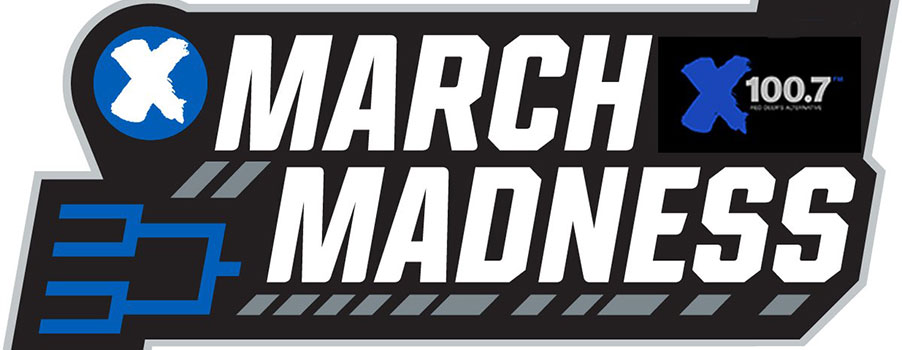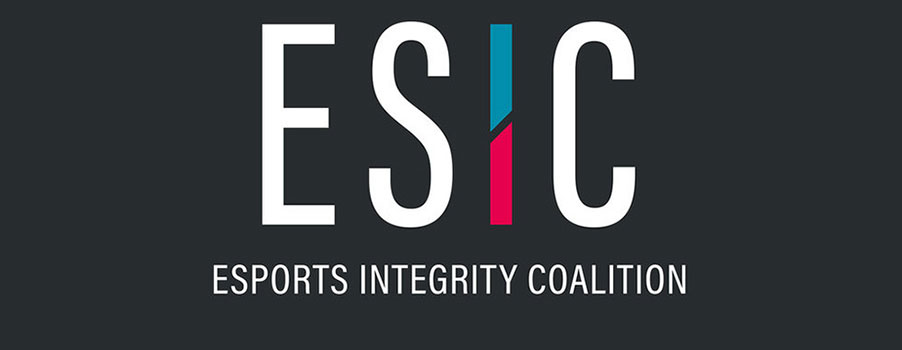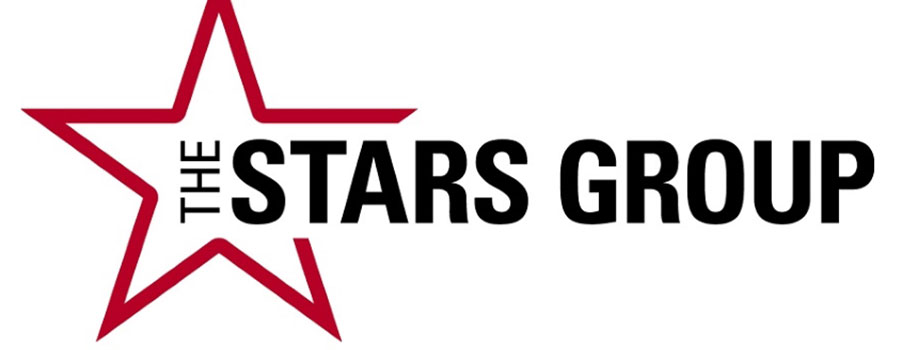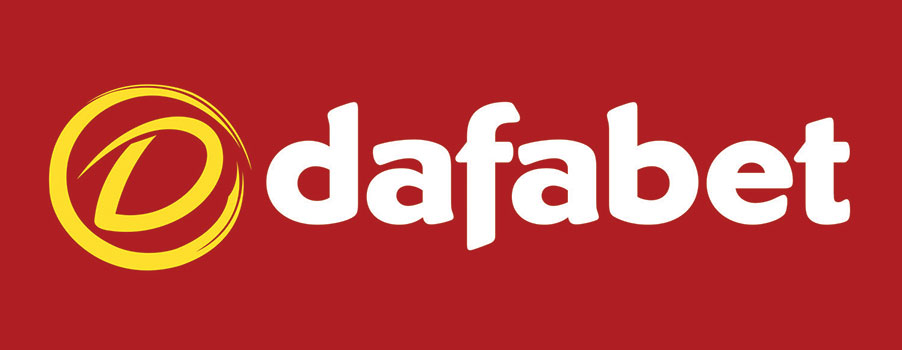The Pennsylvania Gaming Control Board (PGCB) published its most recent rules and regulations that govern is imminent online gaming licenses. The new rules and regulations will allow the state’s online gambling licensee to host multiple ‘skins.’ This means that non-Pennsylvanian companies will have the opportunity to participate in the state’s lucrative online gambling market. However, the licensees will be forced to piggyback the skins on their casino domains.
The contentious question about skins or the ability of a casino to host affiliate operators has been looming of the board for quite some time and now that it has been addressed operators can start preparing. In essence, it emulates New Jersey’s approach where one casino is allowed to partner with and offer services from other operators.
In Pennsylvania, the lobbyist efforts on the issue of skins have proven to be very fierce with online operators such as 888 Holdings advocating for it and Parx Casino and Penn International arguing that no third-party sites should be allowed. 888 Holdings has successfully implemented a model of such kind in New Jersey where it has piggybacked its local casino license to favour its partnership with Caesars Entertainment.
Ultimately, the PGCB opted not to restrict its online market and instead decided to permit its interactive gaming certificate holders to partner “with multiple licensed interactive gaming operators to offer interactive games the Board has authorized the interactive gaming certificate holder to conduct.”
The PGCB further clarified that it was not going to restrain third-party operators from inking deals with more than one Pennsylvania gaming certificate holders. However, this is on condition that the third-party companies will no offer online gambling to the Pennsylvanian market “independent from an interactive gaming certificate holder and the interactive gaming certificate holder’s webpage or the webpage of an entity within the interactive gaming certificate holder’s organizational structure.”
On the same note, the licenses or any of their partners “may only offer interactive gaming in this Commonwealth through the interactive gaming certificate holder’s webpage or the webpage of an entity within the interactive gaming certificate holder’s organizational structure.”
The mentioned clauses clearly indicate the fact that third-party operators will have to piggyback on the domain names of the license holders. Fair enough. The board will begin accepting interactive gaming applications from the state’s existing brick-and-mortar casinos later this month.










